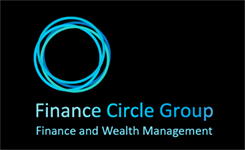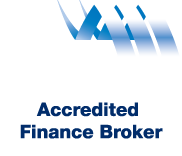When you’re looking to buy a business it’s important that you do your homework. Your research should include a detailed review of the industry, your competitors, the financial statements of the business and emerging trends that could impact operations.
It is also important to surround yourself with people who understand you and your business:
- An accountant
- A solicitor
- Financial Adviser
- Finance Broker / Banker
The ‘due diligence’ process is designed to give you peace of mind regarding your buying decision. You can’t rely on ‘gut feel’ when investing in someone else’s business and while buying a business is an exciting time, it carries considerable risk.
While the due diligence process covers a range of issues, it all starts with your goals (financial and personal) and a financial health check. If the prospective business doesn’t satisfy the financial examination, then it’s probably not worth investigating the other aspects. On the other hand, have you secured your equity requirements to purchase the business.
As a starting point, here are some key questions you should ask regarding the financial aspects of the business.
- Have you received and analysed the financial records for the past 3 years including balance sheets, profit and loss statements and tax returns? There is no substitute for certified copies of financial statements and it is a significant risk to rely on statements simply generated by the vendor’s accounting software.
- Is there a list of plant and equipment plus fixtures and fittings that the owner intends to sell and where has the valuation come from for these items? Are any of the items under finance agreements or contracts?
- Is there a valuation report completed by a professional valuation company or an individual?
- Do sales and purchase records reconcile to bank statements? Have the records been well kept? Are the total sales broken down by product or service line?
- Does the business have potential for growth and if so, what is your plan to turn that potential into profit? Can you increase sales with the current resources?
- Based on past financial results, have you done a future cash flow projection and profit forecast? What is the break-even point and are profits adequate to warrant the risk of buying?
- Do a small percentage of clients represent a large percentage of sales?
- Are there any one-off sales that won’t be recurring?
- Have you discussed how to fund your business purchase with a Business Finance Broker or a Business Banker?
These questions are just the tip of the iceberg and every business is different. Before you start negotiating with the vendor we urge you to consult with us regarding the financial needs and additional questions you need to ask the vendor.
Arrange your No-Obligation Meeting - Simply contact us


